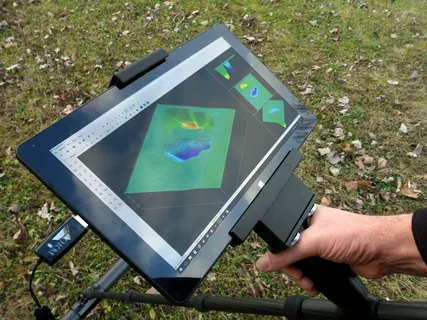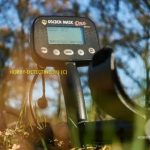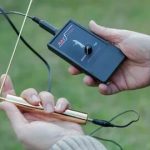-
Discovering Hidden Treasures with Metal Detectors

Metal detectors have become a popular tool for treasure hunters and history enthusiasts alike, as they offer the unique opportunity to uncover hidden and f…
Search
About
Lorem Ipsum has been the industrys standard dummy text ever since the 1500s, when an unknown prmontserrat took a galley of type and scrambled it to make a type specimen book.
Lorem Ipsum has been the industrys standard dummy text ever since the 1500s, when an unknown prmontserrat took a galley of type and scrambled it to make a type specimen book. It has survived not only five centuries, but also the leap into electronic typesetting, remaining essentially unchanged.
Archive
Categories
Recent Posts
Tags
استخراج الذهب من الجبال استخراج الذهب من الرامات استخراج الذهب من الصخور استخراج المعادن من باطن الارض استخلاص الذهب بالخل استخلاص الذهب بالسيانيد استخلاص الذهب بالفحم استخلاص الذهب بالكربون استخلاص الذهب بالنشا اشكال المعدن تراب الذهب الخام تنقية الذهب من التراب طرق استخراج المعادن pdf طريقة استخلاص الذهب بالكلور طريقة استخلاص الذهب بالماء الملكي
Gallery












